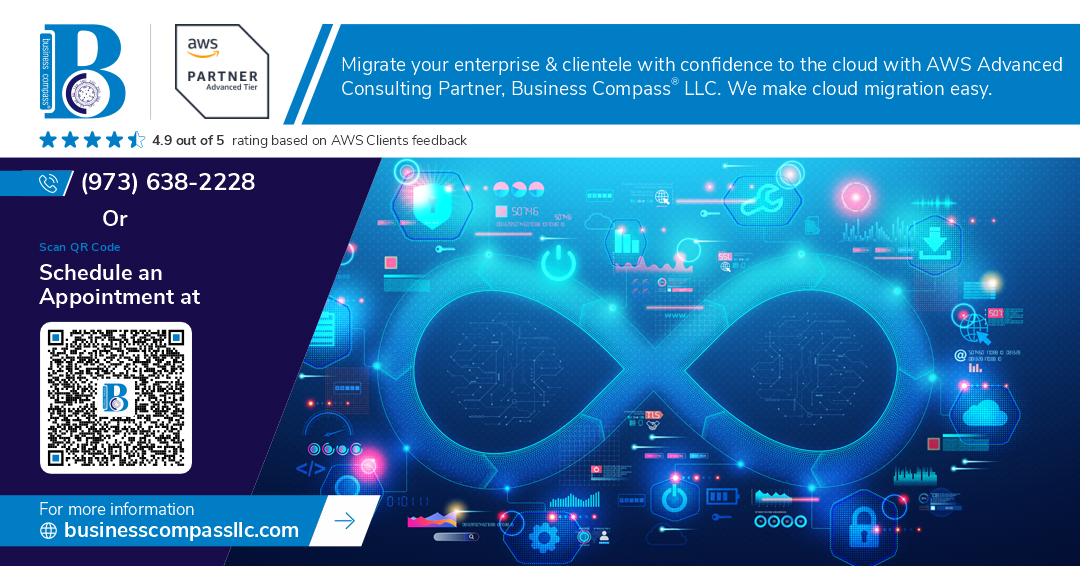Getting Started with Containers for DevOps: Why Docker Matters
Introduction
In today’s fast-paced DevOps environments, containers are revolutionizing how applications are built, tested, and deployed. Docker has emerged as a cornerstone technology among the tools leading this transformation. Whether you're building scalable microservices or streamlining CI/CD pipelines, Docker provides consistency, portability, and speed—three pillars critical to modern DevOps success.
This guide will help you understand the basics of containers, why Docker is essential, and how to start integrating it into your DevOps workflows.
What Are Containers?
Containers are lightweight, standalone, and executable software packages that include everything needed to run a piece of software—code, runtime, system tools, libraries, and settings. Unlike virtual machines (VMs), containers share the host operating system kernel, making them faster and more resource-efficient.
Key Benefits of Containers:
Portability: Works the same in development, testing, and production.
Consistency: Eliminates "it works on my machine" problems.
Scalability: Easily replicated and orchestrated for distributed systems.
Isolation: Keeps applications and dependencies isolated from one another.
What Is Docker?
Docker is an open-source platform designed to automate the deployment of applications inside containers. It provides a standard format to package and distribute applications, along with tools to manage the lifecycle of containers.
Core Components of Docker:
Docker Engine: The runtime that builds and runs containers.
Dockerfile: A script with instructions to build Docker images.
Docker Image: A read-only template used to create containers.
Docker Container: A running instance of a Docker image.
Docker Hub: A cloud-based registry to store and share Docker images.
Why Docker Matters in DevOps
1. Environment Consistency
DevOps aims to streamline the collaboration between development and operations teams. Docker ensures that applications run the same regardless of the environment, reducing integration issues between dev, test, and prod.
2. Speed and Agility
Docker allows you to quickly build, test, and deploy applications, making your DevOps pipeline more agile and responsive to change.
3. Scalability with Microservices
Docker’s lightweight nature makes it ideal for microservices architecture, where each service runs in its container and can scale independently.
4. CI/CD Integration
Docker integrates seamlessly with popular CI/CD tools like Jenkins, GitHub Actions, GitLab CI, and CircleCI, enabling automated builds, testing, and deployment pipelines.
5. Resource Efficiency
Unlike VMs, Docker containers use far fewer resources, start in milliseconds, and scale without bloating your infrastructure.
Getting Started with Docker
Step 1: Install Docker
Linux/macOS: Use official package managers or download from https://www.docker.com
Windows: Install Docker Desktop
Step 2: Run Your First Container
docker run hello-world
This command downloads a test image and runs it in a container, verifying your installation.
Step 3: Create a Dockerfile
# Dockerfile example
FROM python:3.11-slim
WORKDIR /app
COPY . .
RUN pip install -r requirements.txt
CMD ["python", "app.py"]
Step 4: Build and Run Your App
docker build -t my-python-app .
docker run -p 5000:5000 my-python-app
Use Cases in DevOps
Development Environments: Spin up reproducible dev setups in seconds.
Testing Pipelines: Run unit, integration, and end-to-end tests in isolated containers.
Production Deployments: Containerized apps can be deployed on Kubernetes, ECS, or Azure AKS.
Monitoring & Logging: Combine Docker with tools like Prometheus, ELK stack, or Fluentd for observability.

Comments
Post a Comment